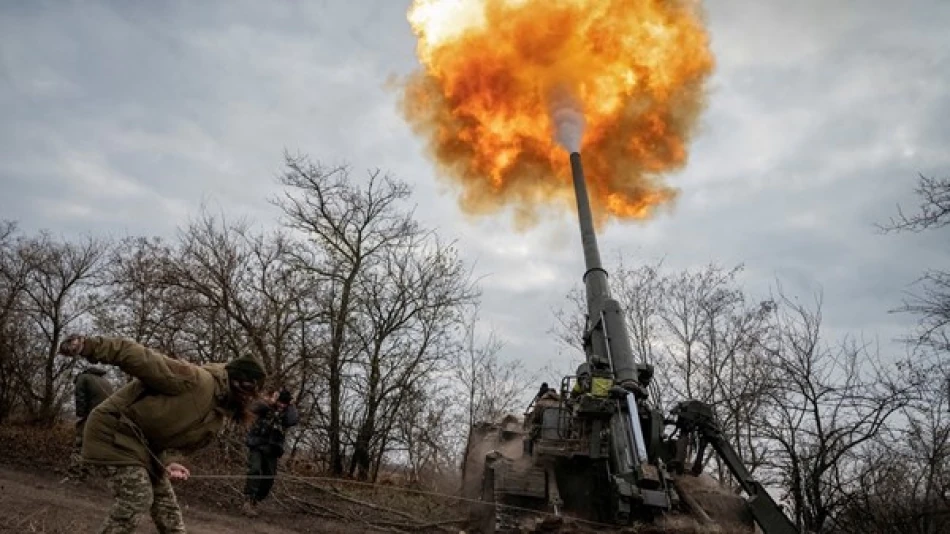
Putin and Zelensky Potential Meeting Hinges on Russian Condition
Putin-Zelensky Summit Remains Distant as Kremlin Sets High Bar for Peace Talks
Russia has effectively rejected Ukraine's proposal for a Putin-Zelensky summit by August, with the Kremlin insisting any meeting between the two leaders can only serve as a final step to ratify an already-negotiated peace agreement. The stance highlights the vast diplomatic gulf that remains despite mounting pressure from President Trump's 50-day deadline for a deal.
Kremlin's Strategic Positioning
Kremlin spokesperson Dmitry Peskov made clear Friday that Russia views a presidential summit not as a negotiating forum, but as a ceremonial conclusion to agreements hammered out by experts and diplomats. "A summit can and should be held as the final stage of a settlement that would consolidate mechanisms and agreements reached by experts," Peskov told reporters. "It's impossible to do it any other way."
This approach mirrors traditional Russian diplomatic doctrine, where high-level meetings are reserved for signing pre-negotiated deals rather than breaking deadlocks. The strategy also places the burden on Ukraine to make substantive concessions before Putin would dignify talks with his presence.
Trump's Deadline Creates Pressure
Ukraine's August timeline stems directly from Trump's ultimatum issued last week, threatening new sanctions on Russia and buyers of its exports unless a deal emerges by early September. The 50-day window has injected urgency into what Peskov acknowledged as a "very slow-paced process" that has produced only three brief negotiating rounds in Turkey since mid-May.
However, Russia appears unmoved by Trump's pressure tactics. Peskov dismissed the possibility of meaningful progress within 30 days, calling such expectations "obviously unlikely" given the complexity involved.
Diplomatic Reality Check
The gap between Ukrainian hopes and Russian conditions reflects deeper strategic calculations. Zelensky has framed direct talks as essential for breakthrough progress, telling reporters that Russia has begun discussing such a meeting as "progress toward finding a formula." Yet Wednesday's latest negotiating round lasted just 40 minutes, suggesting minimal substantive engagement.
Peskov's characterization of the sides' positions as "completely contradictory" indicates Russia sees little incentive to compromise. Moscow likely calculates that time favors its position, particularly as winter approaches and energy concerns mount across Europe.
Historical Precedent and Strategic Implications
Russia's insistence on pre-negotiated agreements echoes Soviet-era summit diplomacy, where leaders met primarily to formalize deals crafted by subordinates. This contrasts sharply with Western expectations of leaders using face-to-face meetings to resolve impasses through personal chemistry and political authority.
The Kremlin's approach also reflects confidence in its negotiating position. By demanding substantive Ukrainian concessions before agreeing to a summit, Russia signals it believes military and economic pressures will eventually force Kyiv to accept Moscow's terms without Putin needing to make reciprocal gestures.
For international observers, the exchange reveals how Trump's deadline diplomacy may be ineffective against adversaries willing to absorb additional sanctions rather than negotiate under pressure. The dynamic suggests that meaningful progress will require either significant battlefield developments or a fundamental shift in one side's strategic calculus.
Most Viewed News

 Layla Al Mansoori
Layla Al Mansoori






